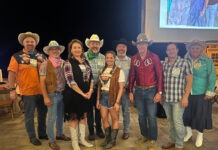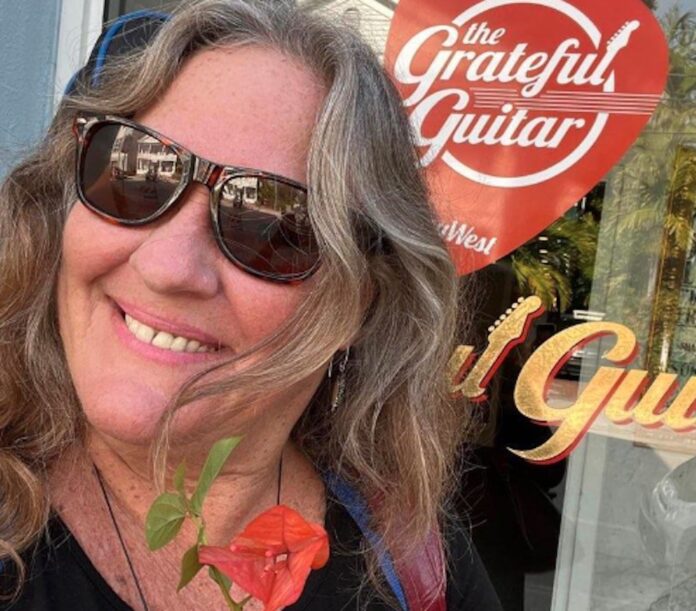One evening a week or so ago found me at the Key West Theater’s Listening Room for Ladies Night Out, part of a series of original music shows hosted and produced by longtime local music advocate Kim Walsh. It featured a talented group of ladies performing their original music. If you have not seen any of the Cayo Hueso Original Music Series I would highly recommend it.
I could spend these paragraphs expounding on each woman’s talent and attempt to describe their performance and expression. But as I sat there noticing the varying levels of experience in each of the performances, I was struck by another thought.
One of the fundamental joys and sources of anguish for a person who chooses this performing life is the thought that every step is an examination and a confrontation of one’s limitations.
While playing an instrument, we always want to improve our technique and performance, presentation and tone. To do so, one has to realize what is missing and figure out how to get it. I am apt to tell new guitar students, “There was a time when your favorite guitar player couldn’t play this chord either” (though probably a much shorter time for them than us). With this in mind, it becomes easier to believe that what we cannot do today, we will be able to do tomorrow.
The human voice comes with its own inherent limits. The reasons for this vary and are beyond the scope of this article. But if you choose to do the work required, you can be sure the voice you begin singing with is not the one you will end up with. The apparent limitations of that voice often can be surpassed through diligent practice. Range, tone and technique all can be improved. If you want to sound like a pro tomorrow, you’ll need to figure out why you feel as if you don’t sound that way today. Then fix it.
For a songwriter, such perceived limitations may be more cerebral. The ability and willingness to expose one’s personal experiences and the reactions to them can be fraught with internal restraints. A songwriter’s ability to put these variables in a form that others can comprehend and interact with can be limited, as they directly reflect a person’s inner struggles. And a songwriter striving to make that connection more substantial must assess why they may have fallen short of their goal at other times with other songs.
As I sat in the Listening Room, I began to understand that perhaps this constant battle with what we can’t do today is just as addicting and inviting as playing the music itself. The recognition of our improvement. The acknowledgement that the songs we write today, the technical prowess we now possess, the connections we make with listeners, are so much better than they were a month or a year ago is an attainable joy. And somewhere along the line that joy measures success — the applause is only its reflection.























